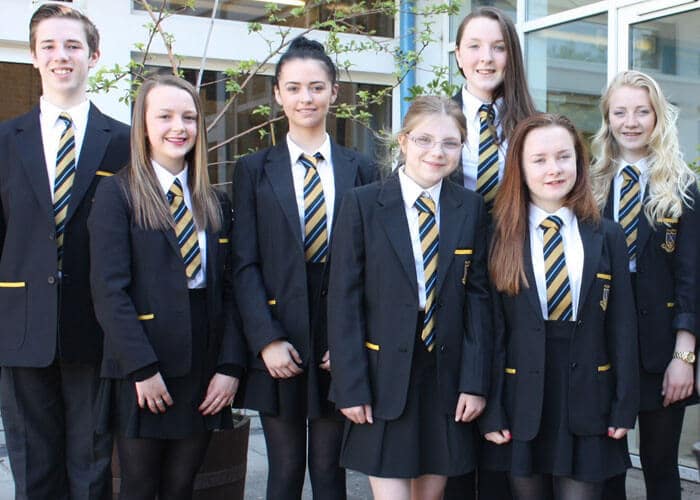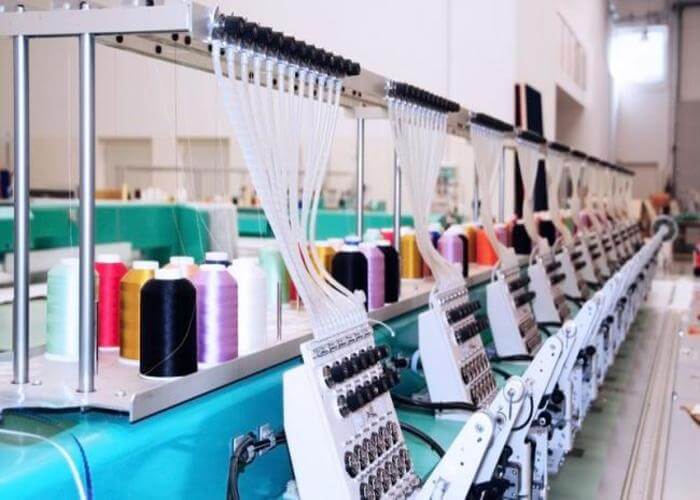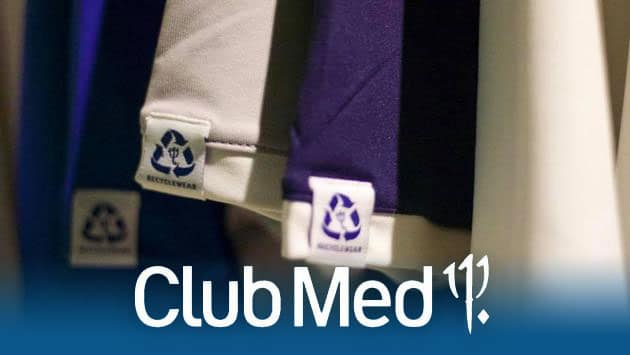When you think of North Carolina’s textile industry, you might picture a cotton shirt — an extra, extra large shirt that keeps shrinking in the dryer.
Gaston County was built on cotton yarn and apparel and is still home to the world’s largest producer of spun yarn, Parkdale Mills. Since the 1990s, many cotton mills have disappeared from our area and from across the state.
But there are several new threads in the textile industry from super-strong composites used in automobiles and airplanes to nanofibers that are smaller than human hairs.
At a presentation Wednesday at the City Club of Gastonia, Blanton Godfrey, dean of N.C. State’s College of Textiles, introduced local N.C. State alumni to several cutting-edge textile products for use in apparel, defense, public safety, industrial, automotive, aerospace and medical applications.
“It really is exciting stuff,” said Andy Warlick, Parkdale’s president and CEO. Warlick and Parkdale chairman Duke Kimbrell, who graduated from N.C. State in 1949, hosted the presentation in Gastonia. Both Warlick and Kimbrell are supporters of N.C. State’s Textile College.
Despite the decline of the state’s textile industry, enrollment in the College of Textiles is at a record high, attracting some of the brightest students, Godfrey said.
In a PowerPoint presentation, Godfrey discussed textiles with applications for defense, including body armor that stops 50-calibur shells and bandages that kill bacteria and clot.
The college is developing fabrics that clean themselves, fabrics that protect from biological and chemical weapons and fabrics that breathe when they’re dry or tighten up when they get wet. One student developed a shelter that would stand up to radiation on the moon. And advancements in the medical field include barbed sutures that don’t have to be tied and fibers that mimic human muscle, Godfey said.
Students have also developed clothing from non-woven fabrics — a material used to make wet wipes — and apparel for the blind with sensors that would warn them of obstacles.
The Textile College is even working on technology that would triple the life of lithium batteries powering cell phones and other electronics. “This will be one of the biggest patents we’ve ever had in our lifetime,” Godfrey said.
Source: Gaston Gazette, NC, November 19, 2009












